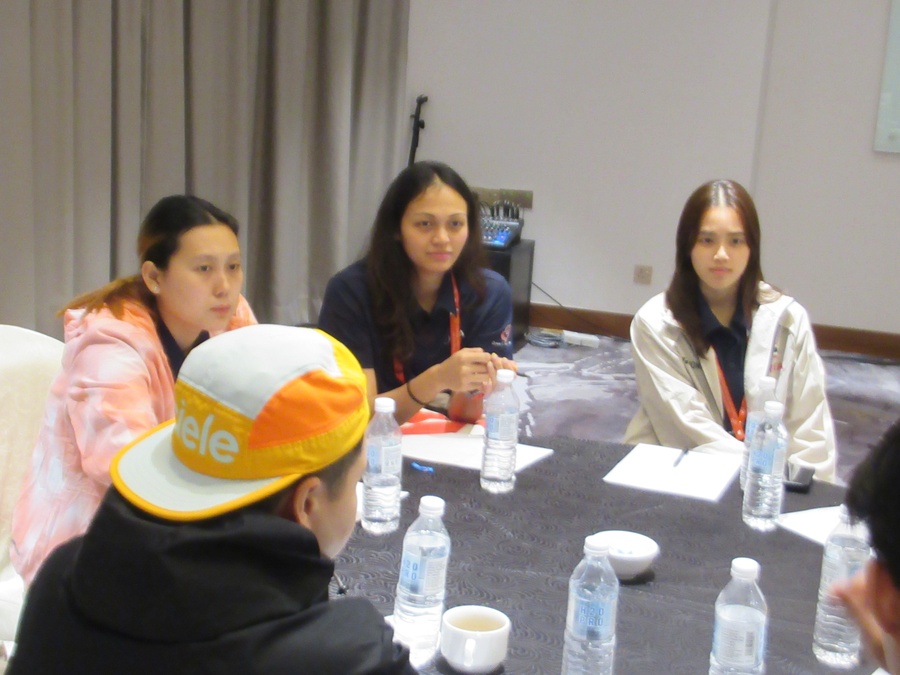Kuala Lumpur, Malaysia, November 29, 2024: When it comes to badminton, there is no doubt that Asia is on top of the world.
Of the eight National Olympic Committees that won badminton medals at the Paris 2024 Olympic Games, seven of them were from Asia – four from East Asia (China, Korea, Chinese Taipei and Japan) and three from Southeast Asia (Thailand, Malaysia and Indonesia).
So, it’s very fitting that badminton is one of the four sports in the OCA Development Programme for Coaches and Referees from Southeast Asia and East Asia in Kuala Lumpur this week, along with archery, swimming and table tennis.
While top-class coaching obviously plays a big part in this success, there may be more to it than that, such as culture and history.
Sylvia Kavita Kumares, coach for the girls’ singles junior team from the Badminton Association of Malaysia, says badminton is very much a part of the social fabric in Malaysia.
“We grew up watching badminton on TV so then, sub-consciously, we are just programmed to have that,” she says.
“Although we’ve never been trained but, when we step on court - ‘pah’ we can just play. I don’t know if it’s a cultural thing, we just watch on TV. It’s like an influence.”
Malaysia’s success at the highest level, including winning the Thomas Cup men’s team world championships, has kept the sport in the national spotlight for many years and kept people playing at all ages for family bonding and for socializing with friends. “It’s just part of our life,” adds Sylvia.
Sylvia joined the coaching set-up at the Badminton Association of Malaysia only seven months ago and is in charge of 15 girls aged from 15 to 17.
Next up is the Thailand junior international competition in two weeks’ time, and next year they will be focusing on the Asian juniors and World juniors.
Sylvia admits she has learned a lot during the OCA development programme. “I am still new so this is the first time to attend such a programme,” she said.
“There have been some very interesting topics, such as anti-doping and the prevention of match-fixing, but for badminton specifically we share a lot about difference in cultures. For example, in Malaysia we have different training styles, then for Myanmar different training styles…Thailand, different culture also, so it’s good to exchange ideas. That’s what we’ve been doing a lot.”

